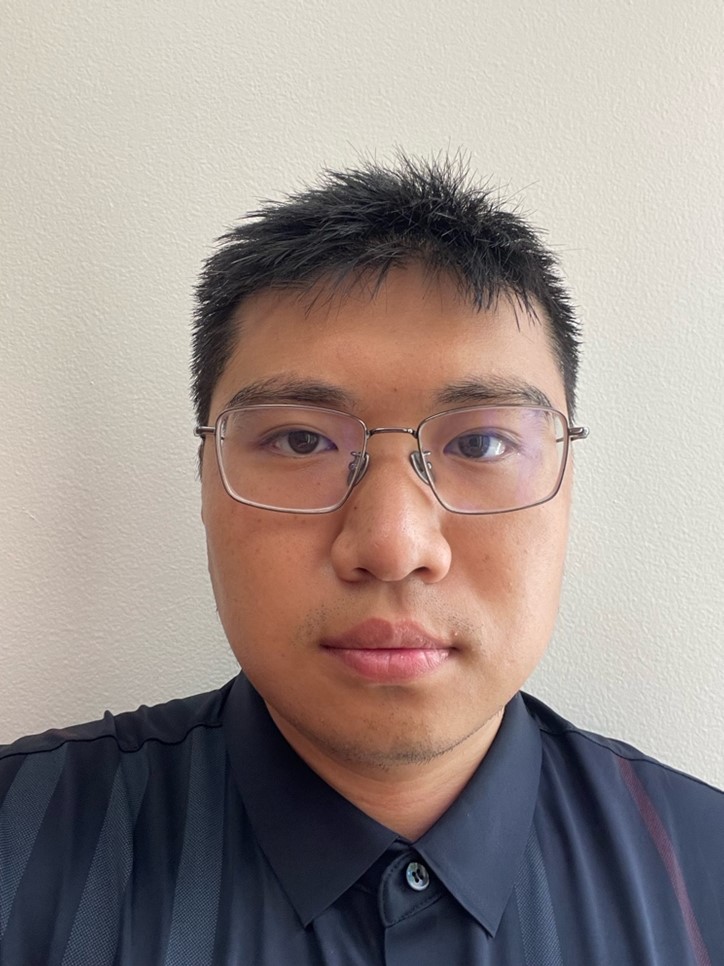Short Courses5
Short Course 5: Bayesian Statistics and Bayesian Models for Practical Dose Finding and Dose Optimization Oncology Clinical Trials
May 18, 2025, 8:30am - 5:00pm, PDT
Stanford Campus, Edwards R358
Instructor: Yuan Ji, University of Chicago, Ying Lu, Stanford University and Dehua Bi, Stanford University
Dr. Yuan Ji is Professor of Biostatistics at The University of Chicago. His research focuses on innovative Bayesian statistical methods for translational cancer research. Dr. Ji is author a large number of publications in peer-reviewed journals including across medical and statistical journals. He is the inventor of many innovative Bayesian adaptive designs such as the mTPI and i3+3 designs, which have been widely applied in dose-finding clinical trials worldwide. His work on cancer genomics has been reported by a large number of media outlets in 2015. He received Mitchell Prize in 2015 by the International Society for Bayesian Analysis. He is an elected fellow of the American Statistical Association.
 Ying Lu, Ph.D., is Professor in the Department of Biomedical Data Science, and by courtesy in the Department of Radiology and Departement of Health Research and Policy, Stanford University. He is the Co-Director of the Stanford Center for Innovative Study Design and the Biostatistics Core of the Stanford Cancer Institute. Before his current position, he was the director of VA Cooperative Studies Program Palo Alto Coordinating Center (2009-2016) and a Professor of Biostatistics and Radiology at the University of California, San Francisco (1994-2009). His research areas are biostatistics methodology and applications in clinical trials, statistical evaluation of medical diagnostic tests, and medical decision making. He serves as the biostatistical associate Editor for JCO Precision Oncology and co-editor of the Cancer Research Section of the New England Journal of Statistics and Data Science. Dr. Lu is an elected fellow of the American Association for the Advancement of Science and the American Statistical Association. Dr. Lu initiated the Stat4Onc Annual Symposium with Dr. Ji and Dr. Kummar in 2017 and is the PI of the R13 NCI grant for this conference.
Ying Lu, Ph.D., is Professor in the Department of Biomedical Data Science, and by courtesy in the Department of Radiology and Departement of Health Research and Policy, Stanford University. He is the Co-Director of the Stanford Center for Innovative Study Design and the Biostatistics Core of the Stanford Cancer Institute. Before his current position, he was the director of VA Cooperative Studies Program Palo Alto Coordinating Center (2009-2016) and a Professor of Biostatistics and Radiology at the University of California, San Francisco (1994-2009). His research areas are biostatistics methodology and applications in clinical trials, statistical evaluation of medical diagnostic tests, and medical decision making. He serves as the biostatistical associate Editor for JCO Precision Oncology and co-editor of the Cancer Research Section of the New England Journal of Statistics and Data Science. Dr. Lu is an elected fellow of the American Association for the Advancement of Science and the American Statistical Association. Dr. Lu initiated the Stat4Onc Annual Symposium with Dr. Ji and Dr. Kummar in 2017 and is the PI of the R13 NCI grant for this conference.
 Dr. Dehua Bi is a biostatistician specializing in Bayesian parametric and nonparametric (BNP) methods for clinical trial design, survival analysis, and machine learning applications. He is currently a postdoctoral fellow at the Stanford Cancer Institute, jointly mentored by Dr. Ying Lu and Dr. Crystal Mackall. Dr. Bi earned his Ph.D. from the University of Chicago under the mentorship of Dr. Yuan Ji. His doctoral research focused on developing novel BNP methods, designing early-phase clinical trials, and creating flexible sample size estimation and adaptation approaches under the Bayesian framework.
Dr. Dehua Bi is a biostatistician specializing in Bayesian parametric and nonparametric (BNP) methods for clinical trial design, survival analysis, and machine learning applications. He is currently a postdoctoral fellow at the Stanford Cancer Institute, jointly mentored by Dr. Ying Lu and Dr. Crystal Mackall. Dr. Bi earned his Ph.D. from the University of Chicago under the mentorship of Dr. Yuan Ji. His doctoral research focused on developing novel BNP methods, designing early-phase clinical trials, and creating flexible sample size estimation and adaptation approaches under the Bayesian framework.
Abstract
Project Optimus from FDA aims to shift the paradigm of oncology dose selection by emphasizing the importance of finding an optimal dose with desirable efficacy and safety. Traditionally, the optimal dose in oncology is equivalent to the maximum tolerated dose (MTD) since most oncology drugs have been cytotoxic, making the highest tolerable dose also the most efficacious dose. Due to the development of targeted and immune oncology therapeutics, MTD is no longer the default optimal dose. Statistical designs solely aimed at finding the MTD therefore cannot fulfill the requirement of Project Optimus. In this short course, I will provide a comprehensive review and introduction of practical statistical designs for dose optimization. Through the learning provided by this short course, attendees will be exposed to the main ideas and motivations for key innovative statistical designs and strategies. The short course is constructed not long to teach “hows” but “whys”, so that attendees will develop ability to assess the pros and cons of different designs for their individual needs in practice. The following topics will be covered with three sessions:
Session 1: Brief review of Bayesian statistics and modeling. This session will expose attendees to some basic concept and techniques of Bayesian statistics as many designs for early-phase oncology trials are Bayesian.
Session 2: Review of key dose-finding Designs, including but not restricted to 3+3, CRM, mTPI, mTPI-2 (keyboard), BOIN, and i3+3. This session will review a set of major dose-finding designs aiming to identify the MTD, which sets the stage for innovative dose-optimization strategies and designs.
Session 3: Introduce strategies and designs for oncology dose optimization. This session will introduce a few key designs and strategies for dose optimization like eff-tox dose-finding designs, expansion cohorts trials, backfill designs, seamless phase 1-2 designs, PK-empowered dose finding, and randomized dose comparison, etc.
Session 4: Q&A Throughout the short course, available software and tools will be illustrated for the course attendees.